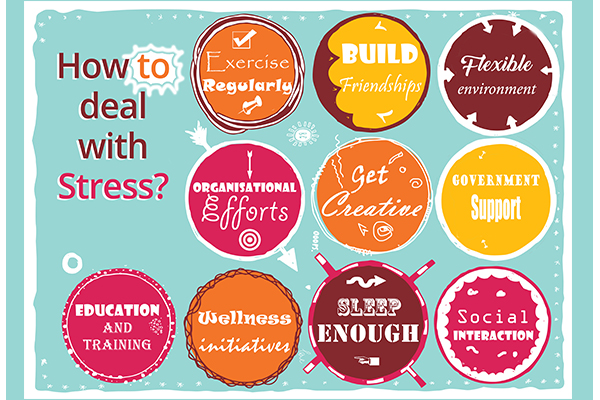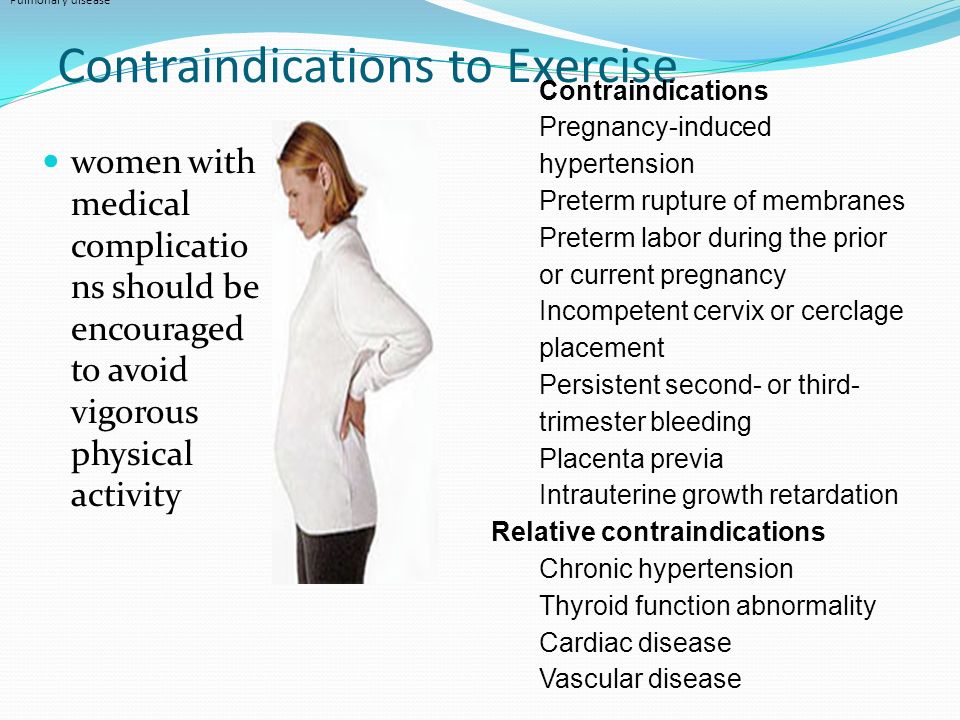When do pregnant women stop working
Working during pregnancy – Pregnancy Info
Can I work while I’m pregnant?
For the majority of women with uncomplicated, low-risk pregnancies, there is no problem with working as long as you would like. There are a few situations that might make working hazardous for both you and the baby. If you work with certain chemicals, solvents, fumes or radiation, you might need to avoid contact with some of these workplace hazards. Your employer may have policies in place to protect pregnant women. Also, if your work if very physically demanding, it may not be possible to continue doing strenuous work. Talk to your health care provider and your employer if your work includes:
- Stooping or bending over more than 10 times per hour
- Climbing a ladder more than three times in an 8 hour shift
- Standing for more than 4 hours at a time
- Climbing stairs more than three times per shift
- Working more than 40 hours per week
- Shift work
- Lifting more than 23 kg (50 lb) after the 20th week of pregnancy
- Lifting more than 11 kg (24 lbs) after the 24th week of pregnancy
- Stooping, bending, or climbing ladders after the 28th week
- Needing to lift any heavy items after the 30th week
- Needing to stand still for more than 30 minutes of every hour after the 32nd week
- Working with chemicals, solvents, fumes, or radiation
If my work is not strenuous can I work until the end of my pregnancy?
A woman who is having a normal, healthy pregnancy can work right up until the start of labour. However, you can choose to stop working whenever suits you. Some women choose to stop several weeks before their due date but others will be at work even in early labour.
Will I still be paid if I stop working early?
In Canada, federal Employment Insurance (EI) provides temporary financial assistance to Canadians who are sick, pregnant, or caring for a newborn or adopted child. In order to qualify for these maternity, parental, or sickness benefits, you must have worked 600 hours within the past 52 weeks. For more detailed information on eligibility and benefits, visit servicecanada.gc.ca.
Maternity benefits. The EI program provides maternity benefits of up to 15 weeks to a mother for the birth of a child. These benefits can be collected any time during a period that begins eight weeks before your expected due date and ends 17 weeks after the birth. However, if you stop work earlier than eight weeks before the due date, you would not receive EI maternity benefits until the eligibility period begins.
Parental benefits. In addition to the 15 weeks of maternity benefits, the EI program provides parental benefits to either parent for up to 35 weeks. These benefits can be claimed by either parent, concurrently or consecutively, as long as the total maternity and parental benefits add up to no more than 50 weeks for a pregnancy.
Employer benefits. If you are an employee, check with Human Resources at your work place to see what maternity benefits and work accommodations are available to you.
Top 5 Signs to Stop Working During Pregnancy
Are you pregnant and wondering if you should stop working? Here are the top signs to stop working during pregnancy and reasons you should.
My first pregnancy went smoothly… that is, until I hit that last and final month.
I struggled to walk, bracing myself for the inevitable pain in my pelvic bones and hips. I felt heavy, waddling from side to side, short of breath. And let’s not even get into the sleepless nights and waking up five times a night to pee, leaving me barely able to function the next day.
I felt heavy, waddling from side to side, short of breath. And let’s not even get into the sleepless nights and waking up five times a night to pee, leaving me barely able to function the next day.
I was so exhausted, so drained, and so over everything.
But like many moms, I wanted to save my maternity leave for after the baby was born, not before. I wanted to use that time to bond with the baby, push back the need for child care, and recover from delivery.
Except for many of us, the signs to stop working during pregnancy happen much sooner than when the baby arrives.
The decision to stop working, as I’m sure you’ve realized, isn’t always so clear. Financial reasons, maternity leave benefits, and health issues are just some of the factors that sway our choices.
Top 5 signs to stop working during pregnancy
Still, you might be finding that the signs are glaring you in the face, regardless of what stage you currently are.
Maybe you’re always on your feet and running around with little option to sit down. Perhaps your commute is a horrendous 1.5 hours one way, or you want to spend time with your toddler before his baby sibling arrives.
Perhaps your commute is a horrendous 1.5 hours one way, or you want to spend time with your toddler before his baby sibling arrives.
On the other hand, you might not get paid for maternity leave, forcing you to work even if all the signs point that you shouldn’t. Or you worry that your coworkers to think poorly of you if you stop working so soon, even if you know you shouldn’t care what they think.
Still, you’ll want to pay attention to these signs to decide whether to keep working or not. Of course, your doctor is the first person to ask whether to stop working. Complications and the baby’s safety take precedence over many of the other reasons.
But other times, it’s more an internal gut check combined with listening to your body. So, when should a pregnant woman stop working? Take a look at these signs to stop working during pregnancy, and whether they apply to you:
1. Preterm complications
Every mom’s goal in pregnancy is to avoid preterm delivery. So, if you’re seeing signs of preterm complications, it may be time to talk to your doctor about stopping work. Maybe you have high blood pressure, cramping, Braxton Hicks contractions, or unusual swelling.
So, if you’re seeing signs of preterm complications, it may be time to talk to your doctor about stopping work. Maybe you have high blood pressure, cramping, Braxton Hicks contractions, or unusual swelling.
Your doctor might also pull you out of work if you’re having issues with dilation, your mucus plug, or any symptoms that might lead to pre-eclampsia. For instance, you may not have pre-eclampsia, but your levels could be close enough that she’ll monitor your urine for a few days.
Free printables: Do you need a checklist of all the things to do before the baby is born? Join my newsletter and grab your printable checklist below—at no cost to you:
2. You have a high-risk pregnancy
Many moms—like myself with my first son—are “lucky” in that we were able to avoid many complications throughout the pregnancy.
But others have plenty of complications to contend with, from gestational diabetes to high blood pressure to anemia. And having twins and multiples—like I did when I became pregnant again—automatically makes your pregnancy high-risk.
And having twins and multiples—like I did when I became pregnant again—automatically makes your pregnancy high-risk.
With a high-risk pregnancy, you have more complications to contend with. Working until your due date may not be possible when you can barely walk or are placed on bed rest. Anyone with a high-risk pregnancy tend to stop working sooner than those without complications.
Discover the 5 best things you can do to have a healthy pregnancy.
3. You physically can’t perform well at work
Some jobs are more taxing than others. Think bartenders, pharmacists, nurses and doctors, hairdressers, or waitresses who are on their feet all day.
Others are physically demanding even without pregnancy, like loading items at a retail store. And still others pose risks you wouldn’t think twice about if you weren’t pregnant, like training dogs.
Every decision is personal and practical. While you wouldn’t quit your desk job the minute you get a headache, you also need to weigh its impact against your health risks. Being unable to do work you normally would perform well is a sign to decide how much longer you can keep going in these conditions.
Being unable to do work you normally would perform well is a sign to decide how much longer you can keep going in these conditions.
4. You can’t keep up with work demands and pressure
That said, even typical “desk jobs” can be a challenge from sitting all day or when you can barely stay awake. Perhaps you’re finding it hard to concentrate like you used to, or dread coming in to work to face the day’s challenges.
Even if your job isn’t physically demanding, the emotional toll can add dangerous stress and anxiety on an already taxed body. And if you work in a toxic environment—rife with office drama or stress-ridden duties—these “invisible” pressures can be a sign to stop working.
Get more tips on how to keep up at work during pregnancy.
5. You still have a lot to prepare
Not everyone has the ability to prepare ahead of time, or perhaps you’re the “I’ll deal with it later” type. If you find yourself nearing the end of your pregnancy and nowhere near ready to welcome the baby, it may be time to use the last few weeks to prepare.
The countdown to the big day could also be adding extra pressure if you feel unprepared. Stopping work the last few weeks can be a smart choice if it means not feeling overwhelmed with your plans.
Take a look at this checklist of things to do before the baby arrives.
Conclusion
Ask a room full of moms when each plans to stop working, and you’ll likely get a variety of answers. Some choose to work until the day they deliver (whether by choice or not). Others decide to take time off before, from a few days to several weeks, to prepare and rest before the baby comes.
If you’re trying to decide when to stop, certain signs can point the way. The most common reasons to stop working is based on doctor’s orders. You might have pre-term complications that make it necessary for you to stop, or a high-risk pregnancy that demands more rest than work.
Other times, you need to weigh your work against the health risks that can rise from continuing to work. Your job might not be suitable for the condition you’re in, or you can no longer perform well at work.
Your job might not be suitable for the condition you’re in, or you can no longer perform well at work.
And still yet, the decision can feel more personal, like wanting to ease the feeling of overwhelm by using those last few weeks to prepare for the baby.
With pelvic pressure, sleep deprivation, and waddling like a penguin, I decided to stop working one week before my due date. Turns out though that my son was ready, and he was born the day after my last day of work.
Because sometimes, you can only plan so much before someone else makes that decision for you.
Get more tips:
- What Every Mom Needs to Know About Her Second Pregnancy
- How to Survive a Pregnancy with a Toddler
- Pregnancy To Do List: What to Prepare in the Third Trimester
- 11 Crucial Pregnancy Questions to Ask Your Doctor
- Everything I Wish Someone Had Told Me when I Was Pregnant
Don’t forget: Join my newsletter and grab your printable checklist below—at no cost to you:
Work during pregnancy
Was she stressed? Did you work in a hazardous industry? Did you work the night shift?
Naturally, stress and night shifts will not bring benefits to the unborn child. But, if the work gives a woman pleasure, not heavy and beloved, then there is not much point in leaving her.
But, if the work gives a woman pleasure, not heavy and beloved, then there is not much point in leaving her.
During pregnancy, a normal working day is not contraindicated for a woman. However, getting up early, inconvenience in transport (even if you have your own car), exhaust fumes, rush, stress at work - all this can have a harmful effect on the body of the expectant mother and baby.
Many women, fearing to displease their superiors and fear of being fired, hide their ailments, are afraid to eat outside of the lunch break, to go out into the fresh air. But it is necessary to give your body an indulgence already in the first 3 months of pregnancy. The working day of a pregnant woman should not exceed six hours.
If a pregnant woman decides not to leave work during her pregnancy, she will need to follow a few simple rules:
- If possible, do not overwork or be nervous.
- In the case of sedentary work, regularly take small breaks - stretch, walk around.

- It is very important to eat right - take food from home or in the canteen.
- It is advisable to arrange small snacks - dried fruits, muesli, apples, crackers.
What is not recommended?
Expectant mothers are not recommended to work with chemicals, work "on their feet" (hairdressers, waitresses), prolonged stay at the computer. Although all modern computers are equipped with high degrees of protection, if possible, it is better to change to an LCD monitor or use a laptop. And you need to make sure that the neighboring computer, turned to the pregnant back, is no closer than 2 meters.
What is prohibited?
During pregnancy, heavy and underground work, as well as carrying and moving heavy loads, are prohibited. Pregnant women are not allowed to work at night. The exceptions are those sectors where these measures are caused by extreme necessity and are of a temporary nature.
You cannot force a woman in position to work overtime and on weekends, to send her on business trips.
What kind of vacation is due to a pregnant woman?
Nevertheless, even if a woman observes the correct regime, and at work she is met in everything, she must go on prenatal leave two months before giving birth. It is even better to take a regular vacation before maternity leave. After all, a woman has to perform the most important work in life: to give birth to a healthy child.
In our country, a woman has the right to maternity leave of 70 calendar days before childbirth and 70 after childbirth, in case of complicated childbirth - 86 days, and when two or more children are born - 110 days. Maternity leave is accrued in total and is granted to the woman in full, regardless of the number of days actually used before childbirth.
After giving birth, a woman can take parental leave up to 3 years.
Sources
- van Beukering M., Velu A., Schonewille LHN., Duijnhoven R., Mol BW., Brand T., Frings-Dresen M., Kok M. Evaluation of a blended care program for caregivers and working pregnant women to prevent adverse pregnancy outcomes: an intervention study.
 // Occup Environ Med - 2021 - Vol - NNULL - p.; PMID:33875554
// Occup Environ Med - 2021 - Vol - NNULL - p.; PMID:33875554 - Weschenfelder F., Lohse K., Lehmann T., Schleußner E., Groten T. Circadian rhythm and gestational diabetes: working conditions, sleeping habits and lifestyle influence insulin dependency during pregnancy. // Acta Diabetol - 2021 - Vol - NNULL - p.; PMID:33837820
- Widowati R., Kundaryanti R., Julian DA., Raushanfikri A. Pregnancy and work stress: investigation of factors relating stress level of pregnant working women in Indonesia. // Gac Sanit - 2021 - Vol35 Suppl 1 - NNULL - p.S38-S41; PMID:33832622
- Wood A., Hussain ST. Working with radiation in pregnancy: a guide for cardiologists. // Heart - 2021 - Vol - NNULL - p.; PMID:33707227
- Hossain-López S., Ruiz-Berdún D. Being a woman, being a soldier, being a mother: a qualitative analysis of perceptions of pregnancy on working lives of women in the Spanish Armed Forces. // BMJ Mil Health - 2021 - Vol - NNULL - p.; PMID:33688081
- Pieters S.
 , Brett BE., Beijers R., Kessels RPC., de Weerth C. Working memory from pregnancy to postpartum: Do women really change? // Psychoneuroendocrinology - 2021 - Vol126 - NNULL - p.105169; PMID:33611134
, Brett BE., Beijers R., Kessels RPC., de Weerth C. Working memory from pregnancy to postpartum: Do women really change? // Psychoneuroendocrinology - 2021 - Vol126 - NNULL - p.105169; PMID:33611134 - Henrotin JB., Beringuier H., Groupe de Travail de L'étude GaT-Hospi GTLG. [Working at the hospital during pregnancy: A descriptive national cross-sectional study in France]. // Sante Publique - 2020 - VolVol. 31 - N5 - p.611-621; PMID:33124787
- Nadholta P., Bali P., Singh A., Anand A. Potential benefits of Yoga in pregnancy-related complications during the COVID-19pandemic and implications for working women. // Work - 2020 - Vol67 - N2 - p.269-279; PMID:33044208
- Kawase K., Nomura K., Nomura S., Akashi-Tanaka S., Ogawa T., Shibasaki I., Shimada M., Taguchi T., Takeshita E., Tomizawa Y., Hanazaki K., Hanashi T. , Yamauchi H., Yamashita H., Nakamura S. How pregnancy and childbirth affect the working conditions and careers of women surgeons in Japan: findings of a nationwide survey conducted by the Japan Surgical Society.
 // Surg Today - 2021 - Vol51 - N2 - p.309-321; PMID:326
// Surg Today - 2021 - Vol51 - N2 - p.309-321; PMID:326 - Jones SW., Darra S., Davies M., Jones C., Sunderland-Evans W., Ward MRM. Collaborative working in health and social care: Lessons learned from post-hoc preliminary findings of a young families' pregnancy to age 2 project in South Wales, United Kingdom. // Health Soc Care Community - 2020 - Vol - NNULL - p.; PMID:32875635
How to combine pregnancy and work
When a woman finds out that she is going to have a child, besides joy, she experiences so many feelings that it is hard to tell right away! And how many questions arise before her! And one of the first - how to be with work now? There are not many women who can just take and leave work in connection with the onset of pregnancy. And not just for financial reasons. Although earnings, material stability in the family is not the last thing. But there are other reasons why it is quite difficult to refuse work. These are loyalty to what you love, dedication to your work, the desire for self-development, unwillingness to let down colleagues, career aspirations, business interests, and much more. And, if a woman does not work in hazardous or physically difficult production, then why not continue!
And, if a woman does not work in hazardous or physically difficult production, then why not continue!
However, literally from the first weeks of pregnancy every day, so many new things happen inside the expectant mother that soon she ceases to recognize her own body! At first, she starts to want to sleep all the time, then it turns out that she senses all smells with incredible strength and therefore it is difficult for her to be in transport. Then increased emotionality or, conversely, apathy is added. Plus toxicity! How to work when every day brings new and new surprises? You just need to listen to what your future baby wants and go to meet him instead of living as before.
Rule one. Prioritize
From the first day, as soon as the test showed two lines, you will have to decide what in your life you will voluntarily change. After all, a pregnant woman cannot but change. But she is quite capable of resisting and resisting inevitable changes. Those who are accustomed to give themselves entirely to work, to be in the thick of things all the time, hardly accept the idea of restructuring and living differently. And such a reaction only worsens the condition of the woman, prevents her from enjoying the unusual and such a resourceful state of pregnancy! Meanwhile, even toxicosis can be avoided if you immediately decide that you are in co-creation with your child and give him everything that is needed for his development.
Those who are accustomed to give themselves entirely to work, to be in the thick of things all the time, hardly accept the idea of restructuring and living differently. And such a reaction only worsens the condition of the woman, prevents her from enjoying the unusual and such a resourceful state of pregnancy! Meanwhile, even toxicosis can be avoided if you immediately decide that you are in co-creation with your child and give him everything that is needed for his development.
Rule two. Change your daily routine
Constant sleepiness is normal in the first half of pregnancy. Don't try to fight yourself! You need to get into the habit of going to bed earlier, adding 10 minutes each day to accustom yourself to this. Even if you have to slowly add two hours of sleep, don't be intimidated. This is a temporary phenomenon: by the fourth month everything will change, and you will have more strength.
But it's better to get up earlier too, to get to work not in the crowd, but before the rush hour.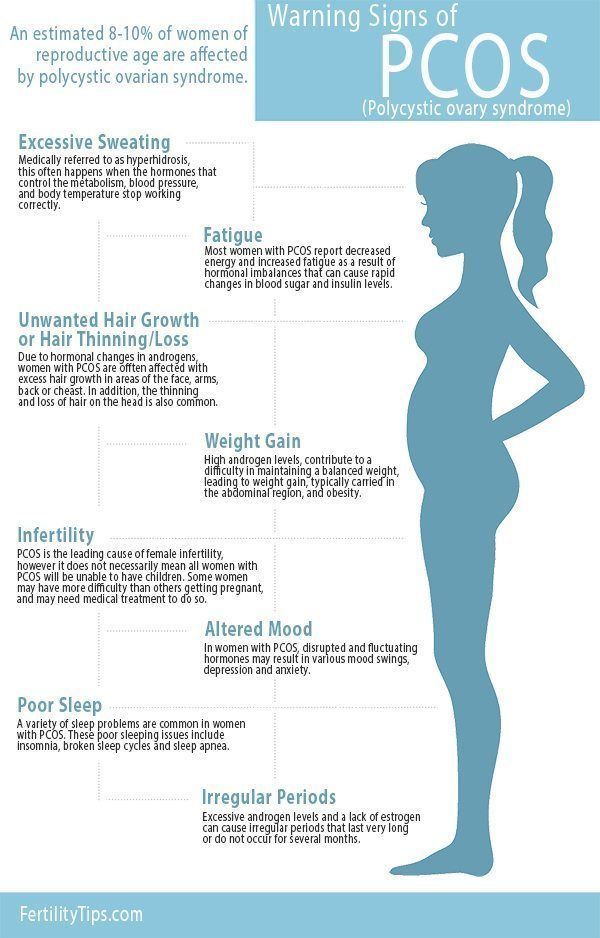 You can no longer afford to run after the bus, squeeze into it from acceleration and drive in tight quarters. If you leave the house an hour earlier, then the flow of passengers is not yet so dense. Give up, if possible, part of the transport in favor of walking. At the same time and take a walk - you need daily walks. And the morning, when smog has not yet hung over the city, is the best time for this.
You can no longer afford to run after the bus, squeeze into it from acceleration and drive in tight quarters. If you leave the house an hour earlier, then the flow of passengers is not yet so dense. Give up, if possible, part of the transport in favor of walking. At the same time and take a walk - you need daily walks. And the morning, when smog has not yet hung over the city, is the best time for this.
Avoid the computer and TV in the evening after work. Better take a warm (but not hot!) relaxing bath, read a good book or listen to music. And be sure to take time every day to further strengthen the relationship with your husband. You have a difficult year ahead, you should create a “margin of safety” for your relationship, warm each other with attention and care.
Rule three. Think about your work schedule
Think about whether you can carry out all the previous duties at work? If you have an office job, then almost certainly yes. But if the work involves traveling around the city, with business trips, or, say, at work, you have to run around with a heavy video camera on your shoulder, then you will have to tell your management about your pregnancy and ask for gentle working conditions. Of course, you do not always want to advertise your position in the team ahead of time. But, if the relationship with colleagues is good, and the management appreciates you, then you will be met halfway. Discuss how you can redistribute the load. And, of course, what work responsibilities you can take on instead of those that you have to give up.
Of course, you do not always want to advertise your position in the team ahead of time. But, if the relationship with colleagues is good, and the management appreciates you, then you will be met halfway. Discuss how you can redistribute the load. And, of course, what work responsibilities you can take on instead of those that you have to give up.
“Defending your positions, be bolder: the law is on your side, a working pregnant woman is entitled to benefits and “relaxations”. However, you shouldn’t go too far: constantly drawing the attention of employees to your exceptional position, reminding them that everyone around you should protect you, you risk making a couple of enemies, ”says psychologist, family therapist Tatyana Shcherbakova.
But if there is even the slightest possibility, switch to partially remote work, take one day a week to work from home. And certainly change the schedule if your work involves night or daily duty. Now you don't need it at all!
Fourth rule.
 Relax
Relax Expectant mother needs not only a good night's sleep, but also rest during the day. Don't wait for the moment when you literally fall down from fatigue! Enter a rule to take short breaks of 10-15 minutes every hour and a half. To accustom yourself to this, put reminders on your phone. Only, of course, rest should be right. A coffee break will not work - you will have to give up coffee altogether, as well as alcohol and cigarettes. And, of course, you have nothing to do in the smoking room, even if the most interesting conversations are being held there. Get up, move away from the computer, do a little gymnastics and self-massage. Even the most simple warm-up will bring a charge of vivacity and provide enhanced blood circulation. This means that it will saturate the body of the unborn baby with oxygen.
As for a longer rest, it is very good for a pregnant woman to take a short vacation in the third month of pregnancy (or even at the end of the second, if toxicosis has begun).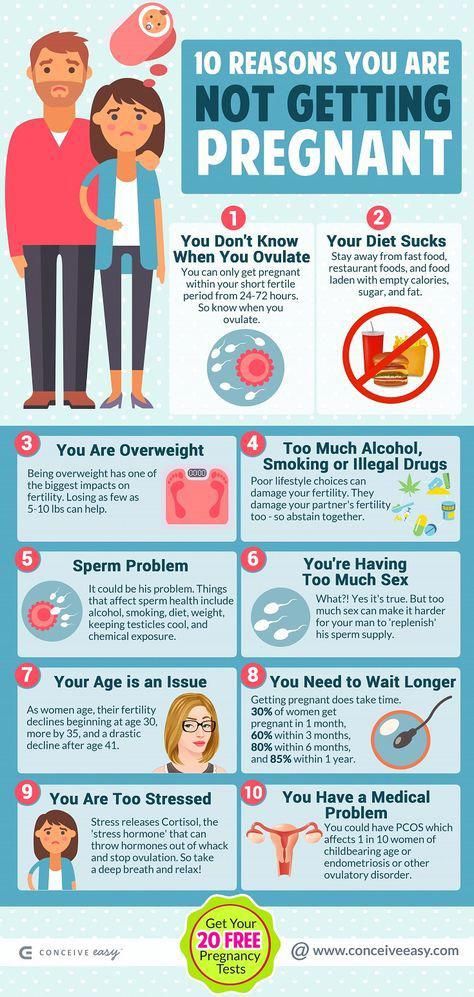 Believe me, a little later you will have more strength and energy will not take. But at the very beginning, when there is a rapid restructuring of the body, you need to learn how to live in a new way, sparing yourself. And then a vacation would be very appropriate!
Believe me, a little later you will have more strength and energy will not take. But at the very beginning, when there is a rapid restructuring of the body, you need to learn how to live in a new way, sparing yourself. And then a vacation would be very appropriate!
Rule five. Get moving
Resting does not mean lying down! On the contrary, reasonable physical activity is very useful during pregnancy. A working woman needs to do a small daily set of exercises. Plus short warm-ups during the working day to increase blood circulation. If the work is sedentary, it is imperative to introduce elements of static gymnastics so that there is no stagnation in the pelvic organs. It is not at all difficult and even imperceptible to others: simply, sitting at your workplace, tense your buttocks ten times, and then get up and walk around.
“You should definitely add outdoor walks and sparing gymnastics,” Yulia Pavlova, a perinatal psychologist, told MIR 24 correspondent . - Gymnastics is needed, in particular, to save the spine. After all, when the belly grows rapidly, the load on the lumbar region increases significantly. There is even a set of exercises specifically for pregnant women, which includes exercises for the spine and to strengthen the muscles of the pelvic floor. It is also useful to swim in the pool. Yoga for pregnant women is also good. According to Yulia Pavlova, even homework is useful if it is not associated with lifting weights, but makes you bend and stretch. For example, it is desirable to wash the floor with your hands!
- Gymnastics is needed, in particular, to save the spine. After all, when the belly grows rapidly, the load on the lumbar region increases significantly. There is even a set of exercises specifically for pregnant women, which includes exercises for the spine and to strengthen the muscles of the pelvic floor. It is also useful to swim in the pool. Yoga for pregnant women is also good. According to Yulia Pavlova, even homework is useful if it is not associated with lifting weights, but makes you bend and stretch. For example, it is desirable to wash the floor with your hands!
But you really have to give up power loads in the gym and ride a bike. Not to mention traumatic sports, including skiing.
Rule six. Choose the best
This rule doesn't just apply to food. The mother-to-be usually gets used to choosing healthy foods by about the third month of pregnancy. She understands what food makes her feel bad, and what kind of food she wants during this period of time.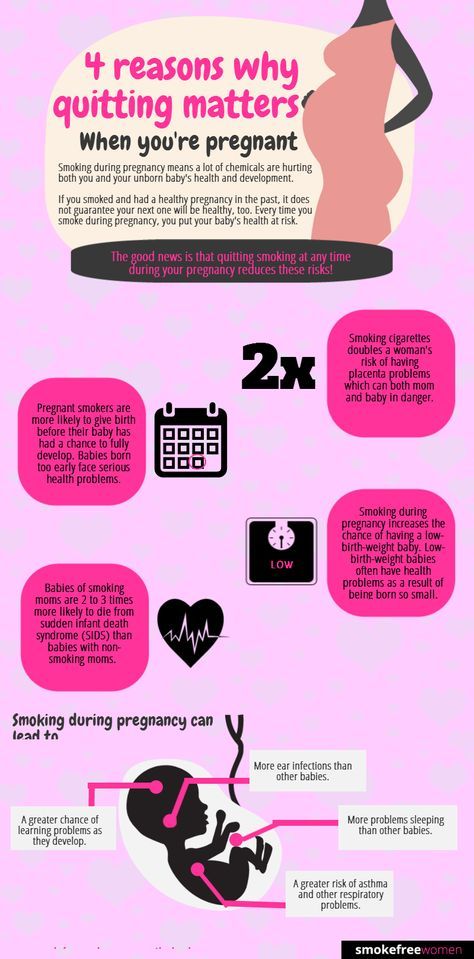
But in exactly the same way, you need to “filter” everything that you deal with according to the principle of utility. Try to minimize unnecessary conversations, straining social contacts, negative information, including browsing social networks. There are even individual colleagues from whom it is “bad”. Of course, a working mom can't completely insulate herself from everything she doesn't like. But to “pump” the useful skill of listening to yourself and minimizing what is not useful is simply a must!
“We live in a world full of events and impressions. And pregnancy is a great opportunity to develop the ability to choose not only healthy food, but also music, films, trips, acquaintances and topics for conversation,” says family psychologist, writer, mother of 11 children Ekaterina Burmistrova .
Rule seven. Explore new opportunities
Do not treat pregnancy as a period of trials and restrictions. On the contrary, according to Ekaterina Burmistrova, this is the time when new opportunities open up for you.


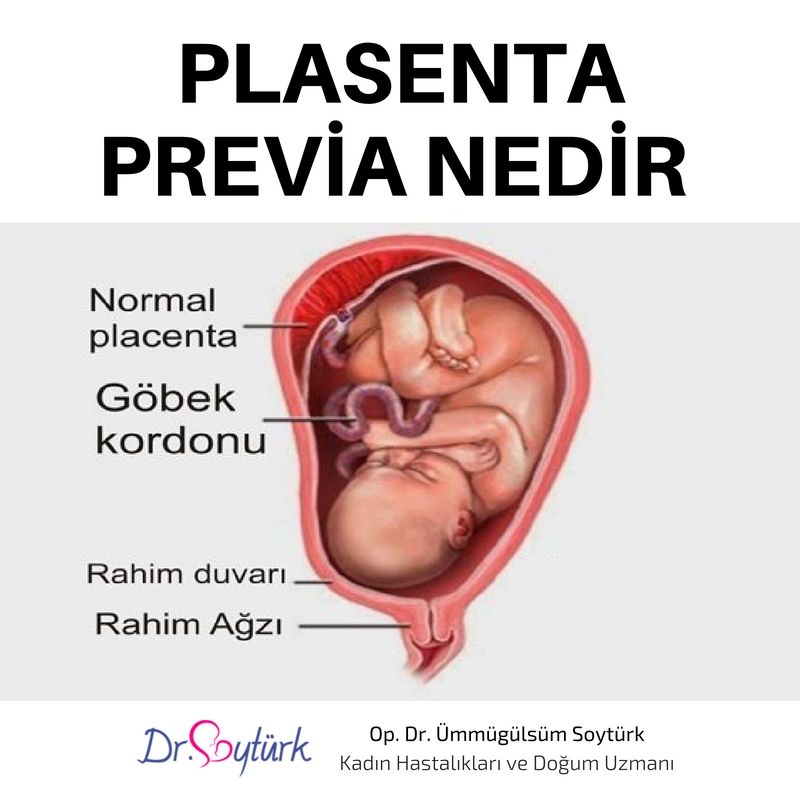
.jpg)

